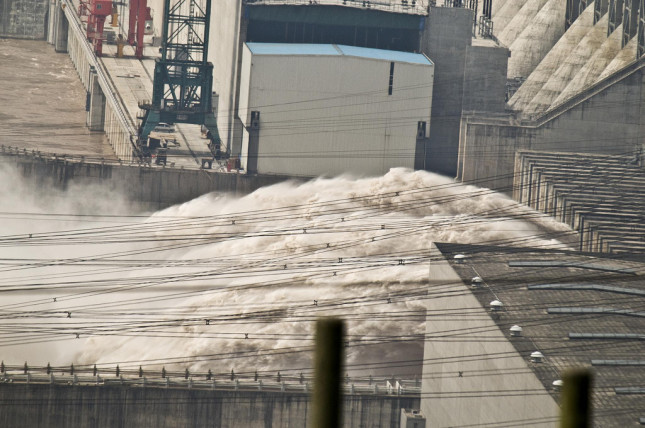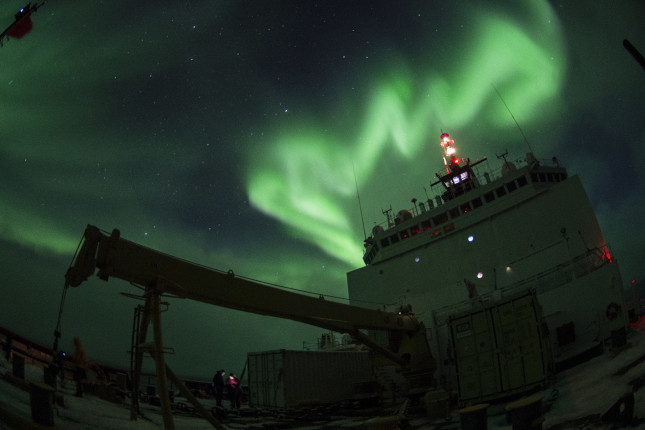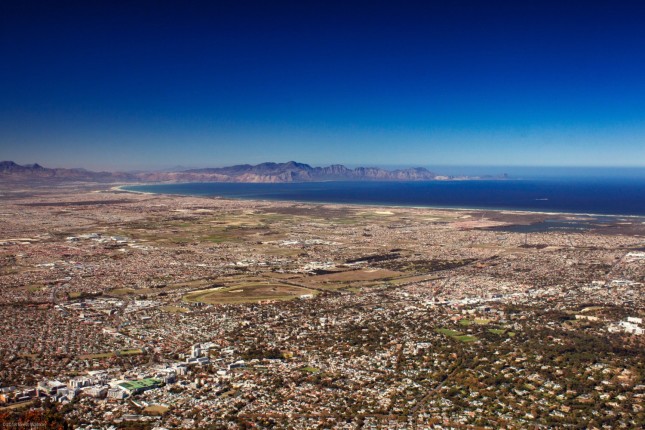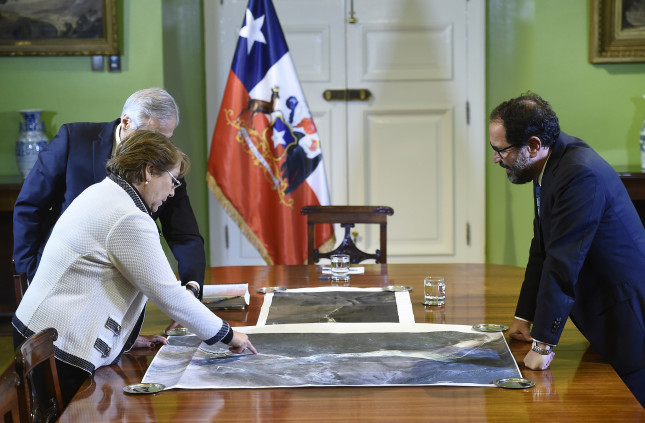-
Bangladesh and Pakistan: Demographic Twins Grow Apart
›
While the World Population Prospects—the UN Population Division’s demographic estimates and projections—will never land on anyone’s non-fiction best-seller list, the latest version holds some noteworthy true stories. And the most remarkable demographic story of all may be Bangladesh’s.
-
China Is Winning the Race for Water Security in Asia
›
Great power competition in Asia is not only about control of critical waterways in the South China Sea, but also about who controls Asia’s fresh water. The future of Asia’s water—upon which about four billion people depend—lies in China’s hands. Through its presence in Tibet, China controls the headwaters of ten of the eleven major rivers of Asia. So far, China has taken a relatively cooperative approach to sharing water with its neighbors as part of the systematic consolidation of its “soft power” over downstream countries. But climate change and rapid growth are threatening to upset this delicate diplomatic balance. What happens when China’s own thirst outpaces its resources? And how will China’s choices affect U.S. interests in the strategic Asia-Pacific region?
-
America Must Act on the North and South Poles
›
The two poles of our planet—the Arctic and Antarctica—demand greater attention right now. For decades, the United States has played a leadership role in both regions, a responsibility that it must continue to fulfill as a warming climate and other drivers of change are creating new challenges and opportunities. Regrettably, the Trump Administration has not devoted the resources or high-level attention necessary to maintaining American leadership position on these critical matters.
-
An Investment in Peace: EU Unveils a New Plan to Support Education During Emergencies
›
Last May, the European Union announced an ambitious plan to dedicate 10 percent of its 2019 humanitarian aid budget to education during emergencies. At the same time the European Commission released its first policy on education in emergencies, observing that “access to quality education is being denied to millions of children by increasingly protracted conflicts, forced displacement, violence, climate change and disasters.” As a result, the Commission notes, “uneducated, lost generations” have been forced “to embark on perilous journeys to Europe and other regions of the world, affecting their stability and development.” The European Union’s announcement is a welcome development for global education, which has received scant attention from international aid agencies and languished at the margins of the international humanitarian agenda.
-
Separatist Conflicts Persist, While Revolutions Just “Age Away”
›
The research presented in this article was subsequently published in a peer-reviewed article: https://link.springer.com/chapter/10.1007/978-3-030-73065-9_3
The Kurdish people’s century-long quest for self-determination reveals a key aspect of ethnic separatist conflicts. Ideas of nationhood can endure for generations, unifying people across borders and often making separatist conflicts hard to resolve. But how much harder is it to resolve separatist conflicts than other violent, non-territorial intra-state wars (such as political revolutions)? In practical terms, how much longer, on average, can policymakers expect separatist conflicts to persist and reoccur than the typical political revolution? These are tough questions. Surprisingly, demography helps us find the answers.
-
Green Conflict Minerals: Investigating Renewable Energy Supply Chains in Fragile States
›
The shift to a low-carbon economy is not only underway, it is accelerating. Last year, Costa Rica generated more than 99 percent of its electricity using renewable sources; Germany expanded its onshore wind power capacity by 5,300 MW, and in the United States, more than 62 percent of new power plants under construction will produce renewable energy. What does this rapid increase mean for the countries that supply the inputs required to build these new facilities—particularly those countries that are struggling with fragility or corruption?
-
Cape Town’s Harrowing Journey to the Brink of Water Catastrophe
›
This is what a water panic looks like in a major global city.
People hoard water. They queue for hours, well into the night, to fill jugs at natural springs. Like mad Christmas shoppers, they clear supermarkets of bottled water. They descend on stockers before they can fill the shelves.
-
As Andean Glaciers Retreat, So Does Regional Security
›
Last month, Bolivia filed a counterclaim against Chile in the International Court of Justice—the latest salvo in their battle over rights to the waters of the Silala River. The court will decide whether Silala is “an international watercourse”—thus granting water rights to Chilean mining operations—or simply an artificial diversion of Bolivian spring water by Chile. This legal case marks the latest chapter in Bolivia and Chile’s historically delicate relationship, which dates back to the War of the Pacific in the late 19th century.
Showing posts from category Guest Contributor.











